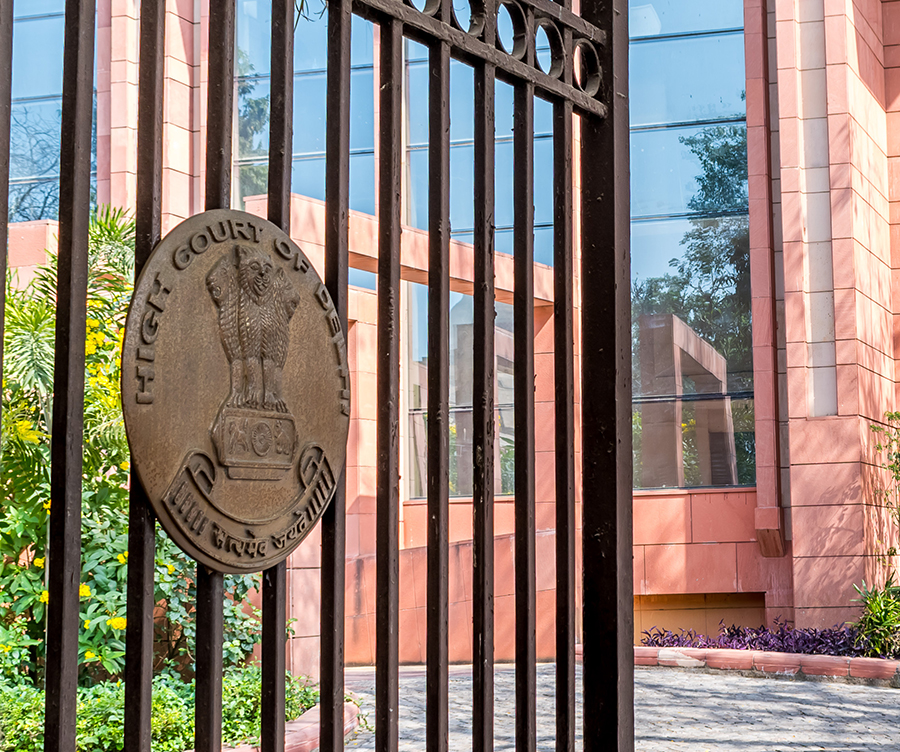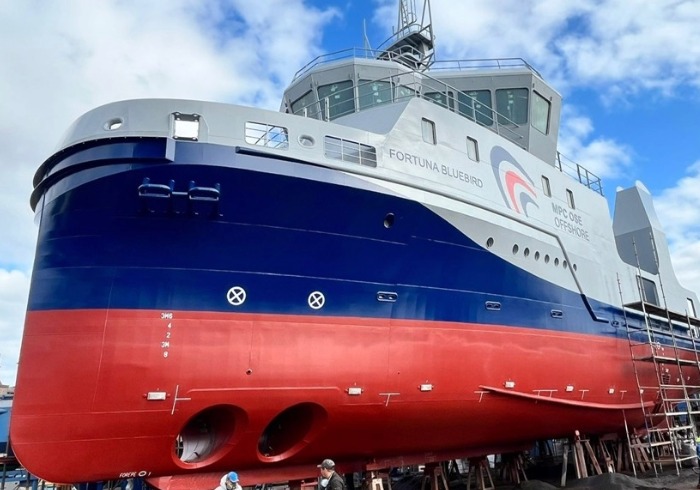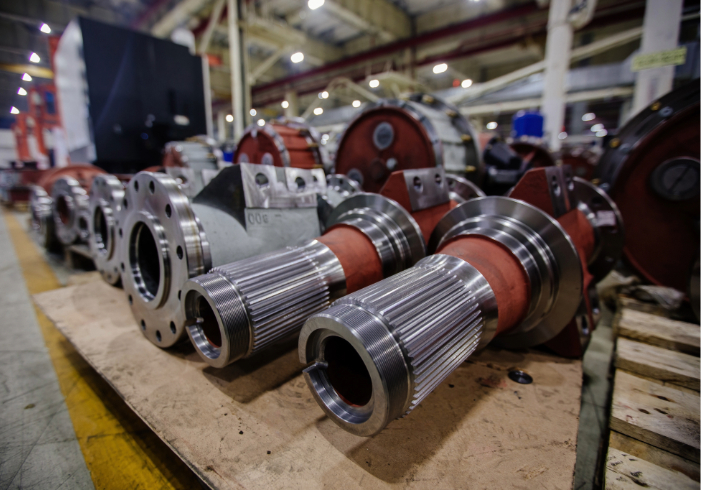The judgment handed down by Delhi’s High Court in February concerned a fairly straightforward trade finance dispute.
On one side, an exporter claimed it was owed money as the beneficiary of a letter of credit (LC); on the other, a bank argued it wasn’t obliged to pay.
The twist? The LC had been issued more than a quarter of a century earlier, in 1998, and the claim was first filed in court back in 2000.
The length of time the dispute has taken to work its way through the court is emblematic of India’s overburdened legal system, the growth of which has not kept pace with the country’s soaring population and economic activity.
The bank that issued the letter of credit, the Swiss entity of Banque Nationale de Paris (BNP), no longer exists – its parent merged with Paribas the year the claim was filed, creating BNP Paribas.
The owner of the plaintiff, Kannu Exports, passed away during the course of proceedings, the company’s lawyer says, and the firm is now owned by his son.
When a decision was finally handed down by Judge Prateek Jalan on February 28, he ordered BNP to pay Kannu Rs52.35mn (US$610,000).
But in a windfall for the exporter, the judge also ordered BNP to pay Kannu 12% interest for every year since the claim was filed.
With 25 years having passed, this adds up to around US$1.83mn, bringing the total judgment amount to approximately US$2.44mn.
The case began in August 1998, when BNP opened an US$329,808 LC in favour of Kannu, which was exporting rice from India to a buyer in France.
According to the judgment, BNP declined to pay Kannu because of three discrepancies in the documents it presented for payment.
The lender said several documents included an LC number in breach of its terms; one of the bills of lading contained a condition that was not countersigned by the master; and the phytosanitary certificates did not certify that the goods were fit for human consumption.
But Justice Jalan found against the bank on all three counts. He ruled that the documents did not contain LC numbers, only negotiation references; that the master did, in fact, countersign the LC conditions as requested by BNP; and that the certification provider had certified that the goods were fit for human consumption.
“I find that none of the alleged discrepancies raised by [BNP]…were justified in terms of the LC,” Justice Jalan ruled.
He also disagreed with BNP’s argument that the court did not have jurisdiction to hear the case and that it was a matter for a court in Switzerland, where the LC was issued. In essence, he found that because the LC was received by Kannu at the bank’s branch in Delhi, local jurisdiction applies.
The sum BNP was ordered to pay Kannu represents the value of the LC issued back in 1998, as well as part of the loss the company made when it sold the rice rejected by the French buyer at a steep discount, and an advance it took on the LC and had to repay to its advising bank with 20% interest.
Ashish Batra, the most recent lawyer to represent Kannu, tells GTR there have been around 30 to 35 hearings in the case since it has been active, but the length of time it has taken for a judgment to be handed down was not due to any specific reason.
He says that in recent decades, many companies have chosen to include arbitration clauses in contracts so that disputes do not get bogged down in India’s courts.
The number of pending criminal and civil cases in India hit 50,000,000 at the end of last year, according to the annual India Justice Report, published in May. The report, funded by NGOs, says the main reason for the glacial pace of justice is a shortage of judges.
The report estimates that as of March, there are 15 judges per million people in India, far below the 50 judges per million recommended by the country’s Law Commission in 1987. Around a third of positions for judges are vacant nationally.
Cumbersome rules and traditions, inherited from British rule, along with outdated infrastructure and staff shortages, also slow the pace of judicial proceedings, the New York Times reported last year.
India’s Gift City financial centre, which is aiming to vastly increase the volume of trade finance transactions conducted there, is in the process of launching its own arbitration and dispute resolution function to make doing business in the free zone more attractive.
“Effective dispute resolution mechanisms are essential to foster a stable business environment and minimise the costs and disruptions associated with prolonged disputes, which can hinder economic growth and productivity,” the financial centre’s regulator said in a report published last year.
But even after a quarter of a century, the matter of Kannu Exports vs BNP has not been fully resolved. Batra says the company has yet to receive the judgment amount from BNP, which did not respond to a request for comment from GTR or say if it intends to appeal.
The case could yet stretch into a fourth decade.







